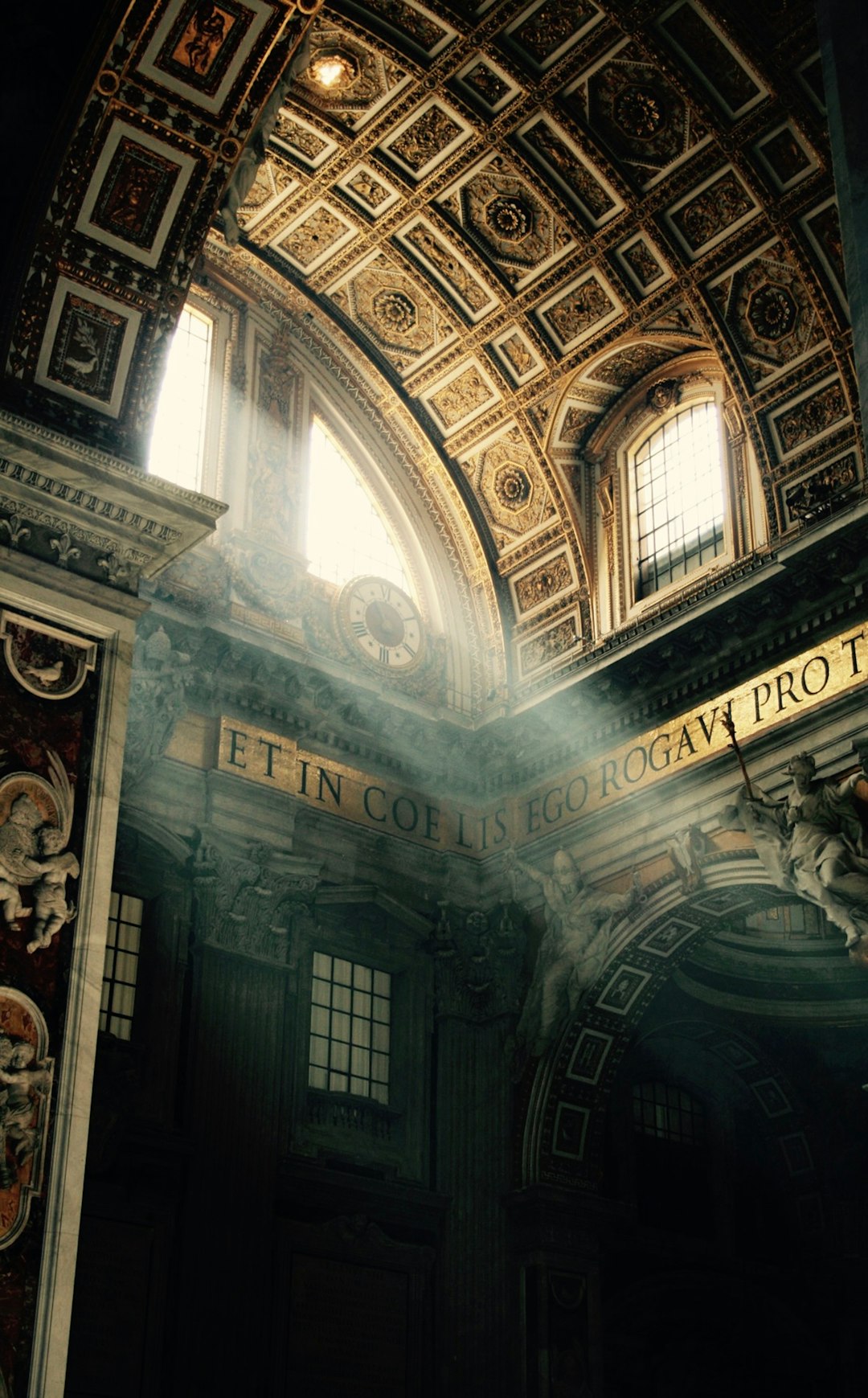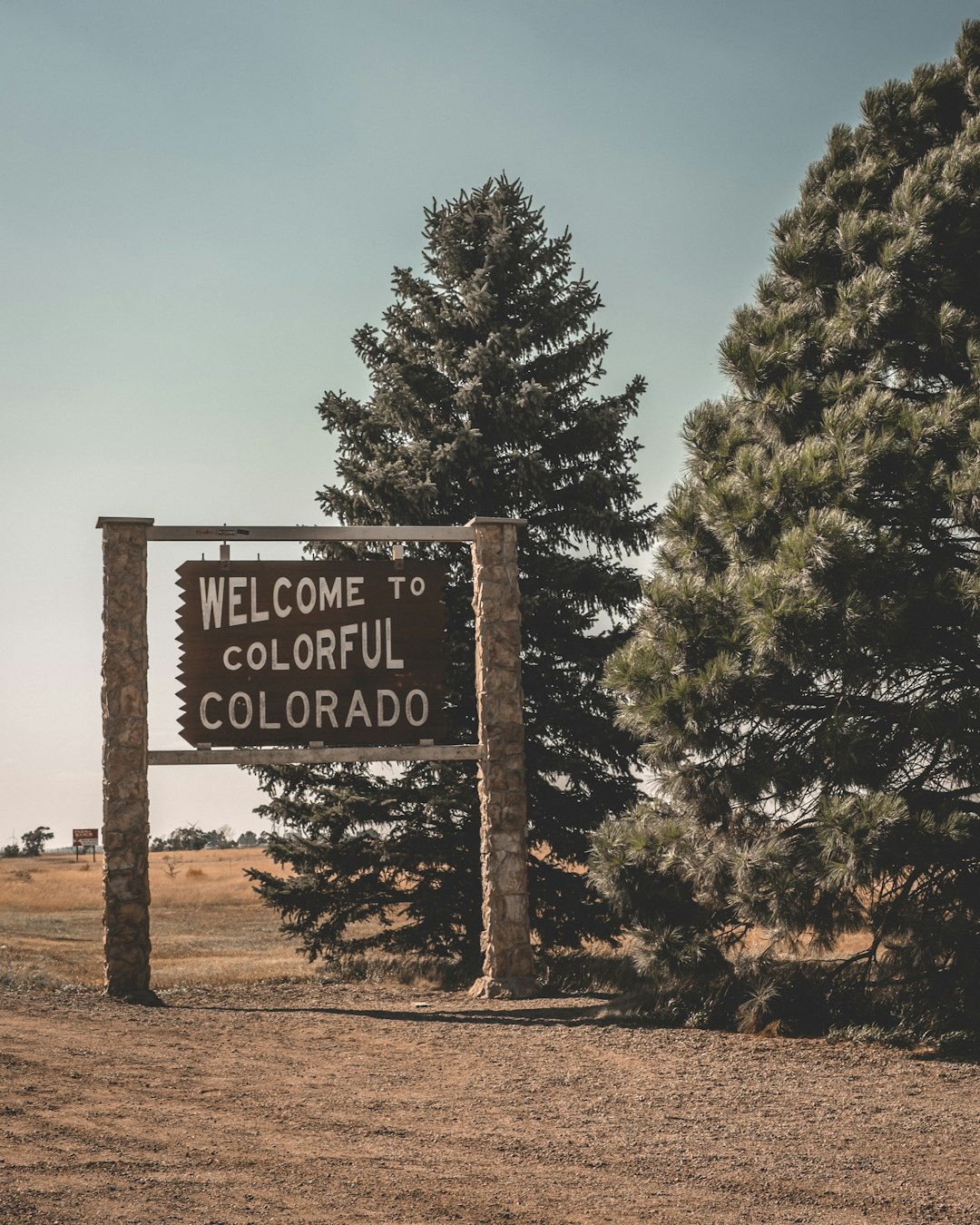In Colorado, victims of clergy abuse can find support through specialized clergy abuse lawyers who help them navigate complex legal systems, understand their rights, and seek justice. Evidence includes medical records, counseling notes, and testimonies, leading to potential civil lawsuits for compensation or criminal charges. These lawyers ensure no abuse goes unaddressed while supporting clients' holistic recovery, including emotional support and community resources tailored to their unique challenges.
In Colorado, addressing clergy abuse is a critical issue that requires understanding and legal expertise. This comprehensive guide explores the intricate world of holding religious leaders accountable through the lens of clergy abuse lawyers in Colorado. From recognizing red flags to navigating complex legal landscapes, we delve into the essential steps for survivors seeking justice. By understanding your rights, gathering evidence, and employing strategic legal strategies, you can take meaningful action. Let’s explore how a dedicated clergy abuse lawyer can help you in the pursuit of accountability and healing.
Understanding Clergy Abuse: Recognizing Red Flags and Legal Rights in Colorado
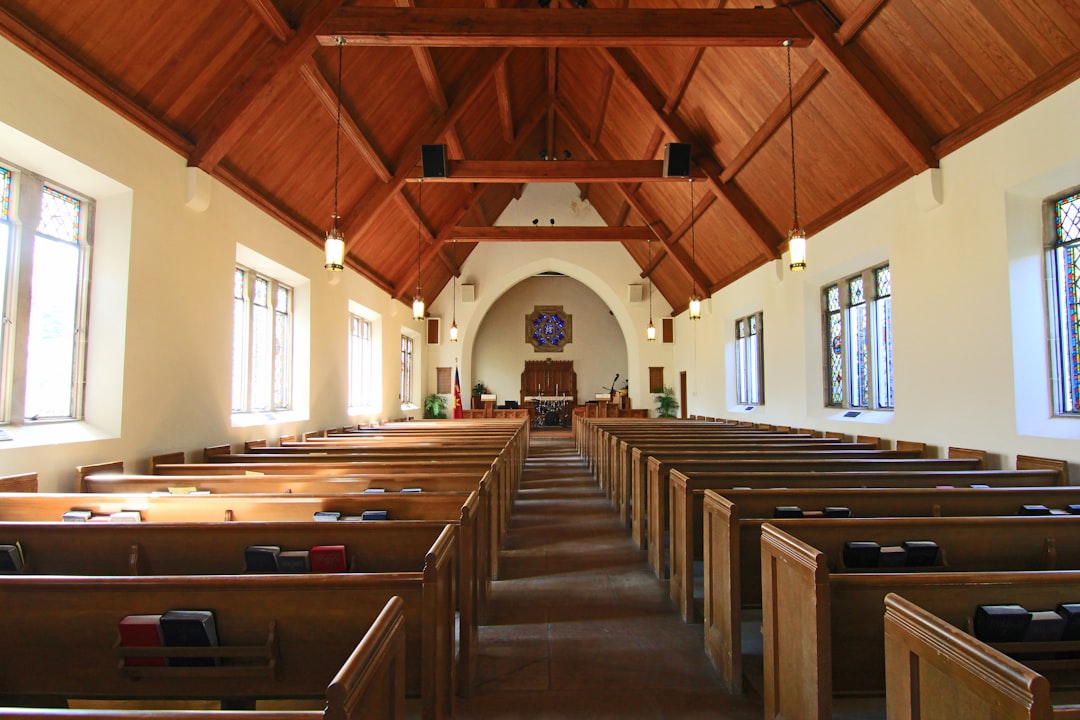
In Colorado, clergy abuse refers to any form of mistreatment, exploitation, or harm inflicted by a religious figure within a place of worship. This can include sexual abuse, emotional manipulation, financial exploitation, and other forms of misconduct. Understanding what constitutes clerical abuse is crucial for victims to recognize their experiences and take action. Red flags may include sudden changes in behavior from the clergy member, unexplained financial demands, or any form of inappropriate physical contact or behavior.
Knowing one’s legal rights is equally important when dealing with clergy abuse. Victims in Colorado have recourse through civil litigation, where a clergy abuse lawyer can help navigate the complexities of such cases. Legal options may include seeking compensation for damages incurred, holding accountable those responsible, and ensuring similar incidents are prevented in the future. It’s essential to act promptly as statutes of limitations apply, limiting the time available to file a case.
The Role of a Clergy Abuse Lawyer: Navigating Complex Legal Landscape
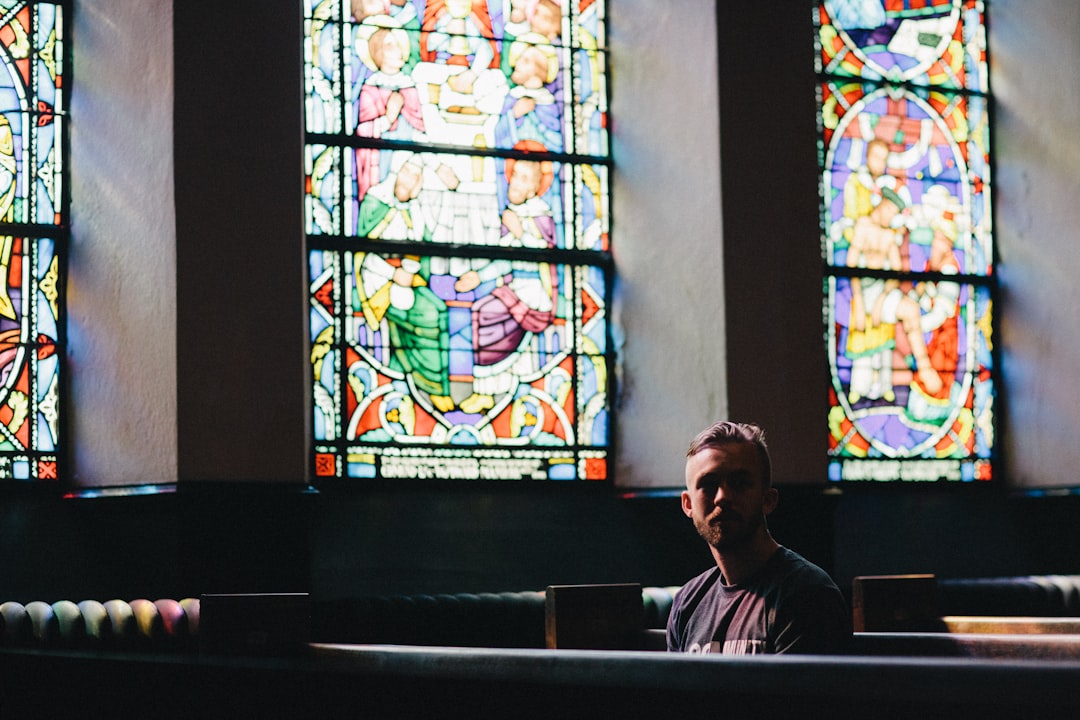
When faced with clergy abuse, individuals in Colorado often find themselves navigating uncharted legal territory. This is where a specialized clergy abuse lawyer steps in as an indispensable guide. These attorneys are equipped to handle complex cases involving religious institutions and have an in-depth understanding of the unique challenges that arise in such situations. They help victims navigate a maze of state and church laws, ensuring their rights are protected throughout the legal process.
A Colorado clergy abuse lawyer plays a crucial role in holding accountable those who have committed wrongdoing within religious organizations. They investigate, gather evidence, and formulate strategies tailored to each client’s circumstances. By leveraging their expertise, they can secure justice, compensation, and closure for victims, ensuring that such abuses are not overlooked or unaddressed.
Building a Strong Case: Evidence, Testimony, and Legal Strategies
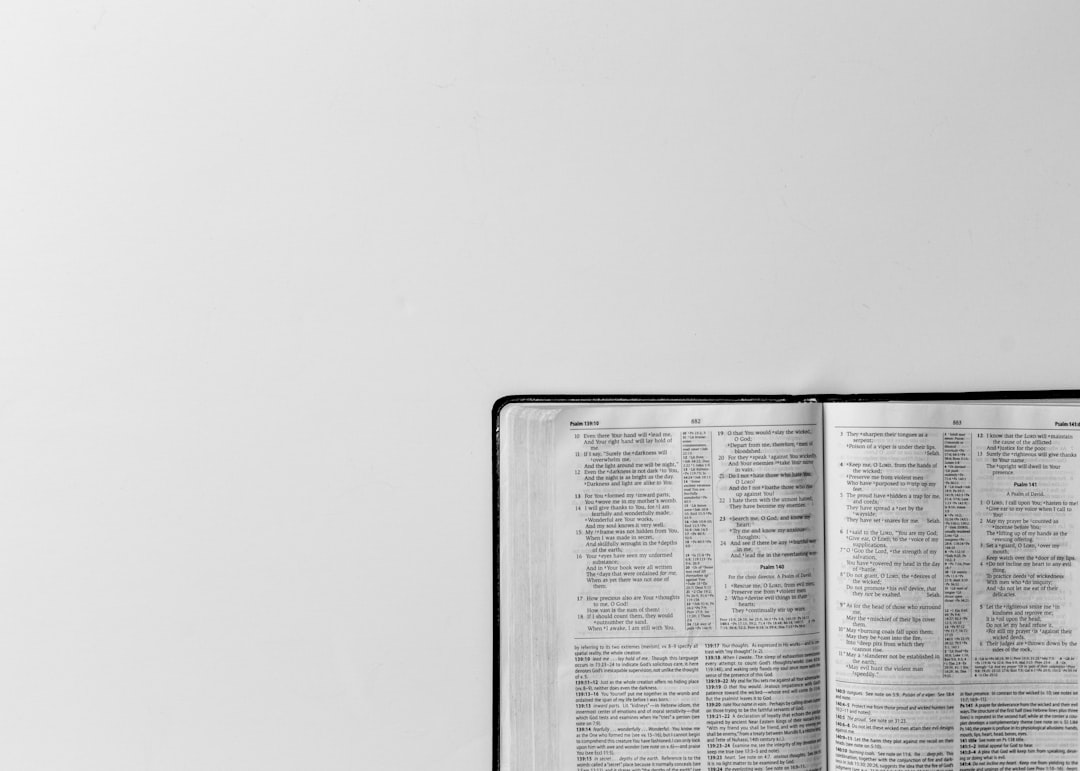
When building a case against a Colorado clergy abuse lawyer, evidence and testimony are key elements. Victims or survivors of clergy sexual abuse can gather evidence such as medical records, counseling notes, and any documentation related to the incident(s). Testimonies from trusted friends, family members, or other victims can also provide powerful support for the case. These pieces of evidence help paint a clear picture of the harm caused by the abusive behavior.
Legal strategies in these cases often involve exploring various avenues for accountability. This may include civil lawsuits to seek compensation and justice, as well as criminal charges if the statute of limitations allows. Skilled Colorado clergy abuse lawyers can guide clients through the complexities of the legal system, ensuring their rights are protected and that they receive the support they need throughout the process.
Holding Accountability: Lawsuit Process and Potential Outcomes

When it comes to holding accountable those who have committed clergy abuse, a legal process known as a lawsuit plays a vital role in ensuring justice for victims. In Colorado, individuals who have suffered at the hands of abusive clergy members can turn to specialized clergy abuse lawyers for assistance in seeking accountability and compensation. These attorneys have the expertise to navigate complex legal systems and help clients understand their rights.
A lawsuit against a perpetrator of clergy abuse can result in various outcomes. It may lead to financial compensation for the victim, which can aid in healing and recovery. Additionally, it serves as a powerful tool to publicly expose the abuse, raising awareness and potentially deterring similar incidents in the future. Holding accountable those who have violated their positions of trust is essential for fostering a safer environment within religious communities.
Support and Resources for Survivors: Healing and Justice Beyond Legal Action

Many survivors of clergy abuse seek not only justice but also healing and support to process their traumatic experiences. While legal action against abusive clergy or institutions can be a powerful step, it’s important to recognize that recovery is a holistic process. Support groups, counseling services, and community resources play a vital role in helping individuals heal from emotional and psychological scars. These resources provide a safe space for sharing stories, receiving empathy, and accessing specialized therapy tailored to address the unique challenges faced by survivors of clergy abuse.
In Colorado, where the impact of clergy abuse can have far-reaching consequences, there are organizations dedicated to supporting survivors. They offer confidential services, legal advocacy alongside emotional support, and resources to help individuals navigate their path to healing and justice. Connecting with these groups can be transformative, fostering a sense of community and empowerment as survivors take steps towards recovering from the trauma inflicted by trusted spiritual leaders who betrayed that trust.



